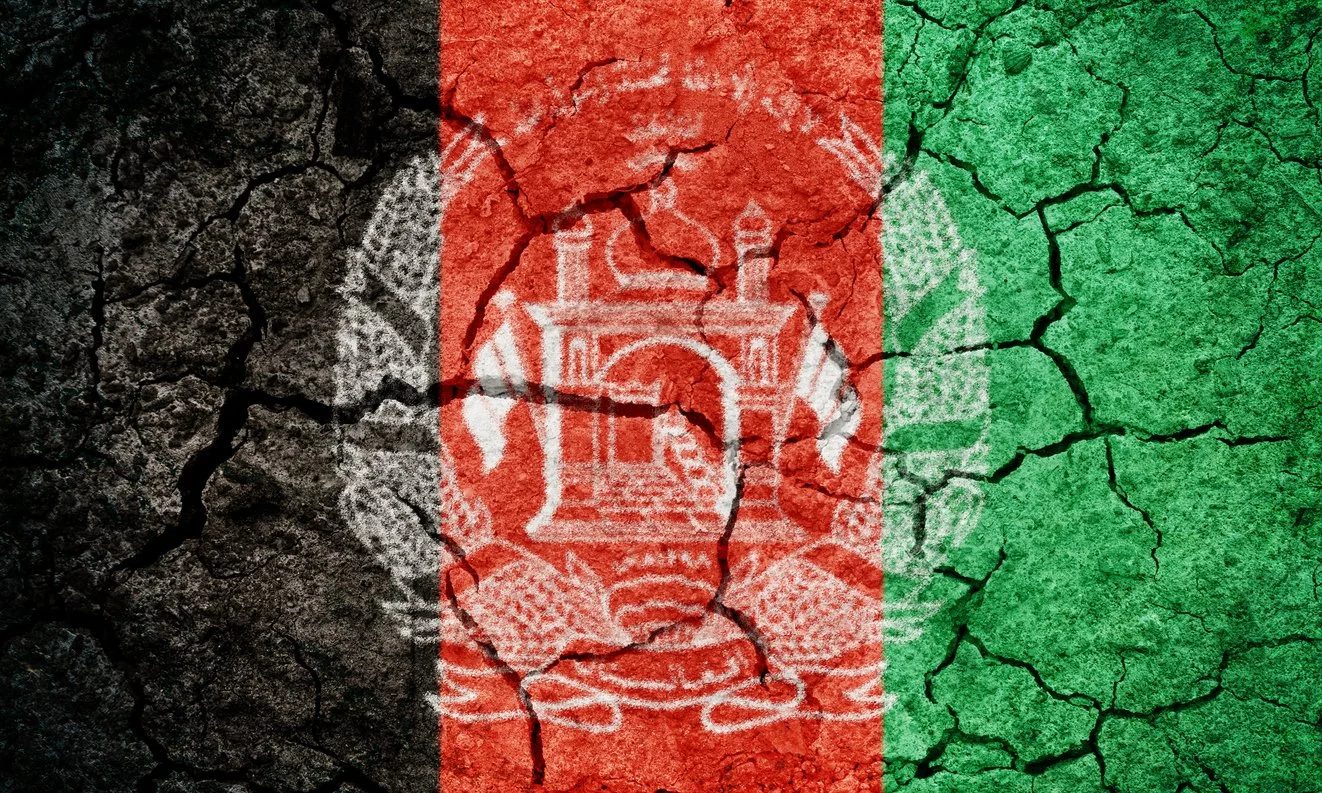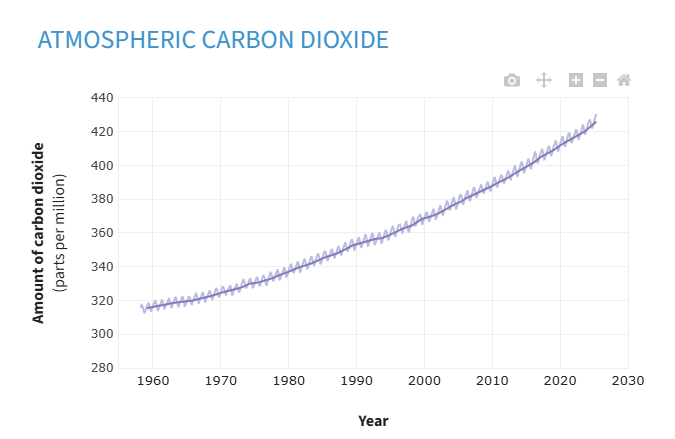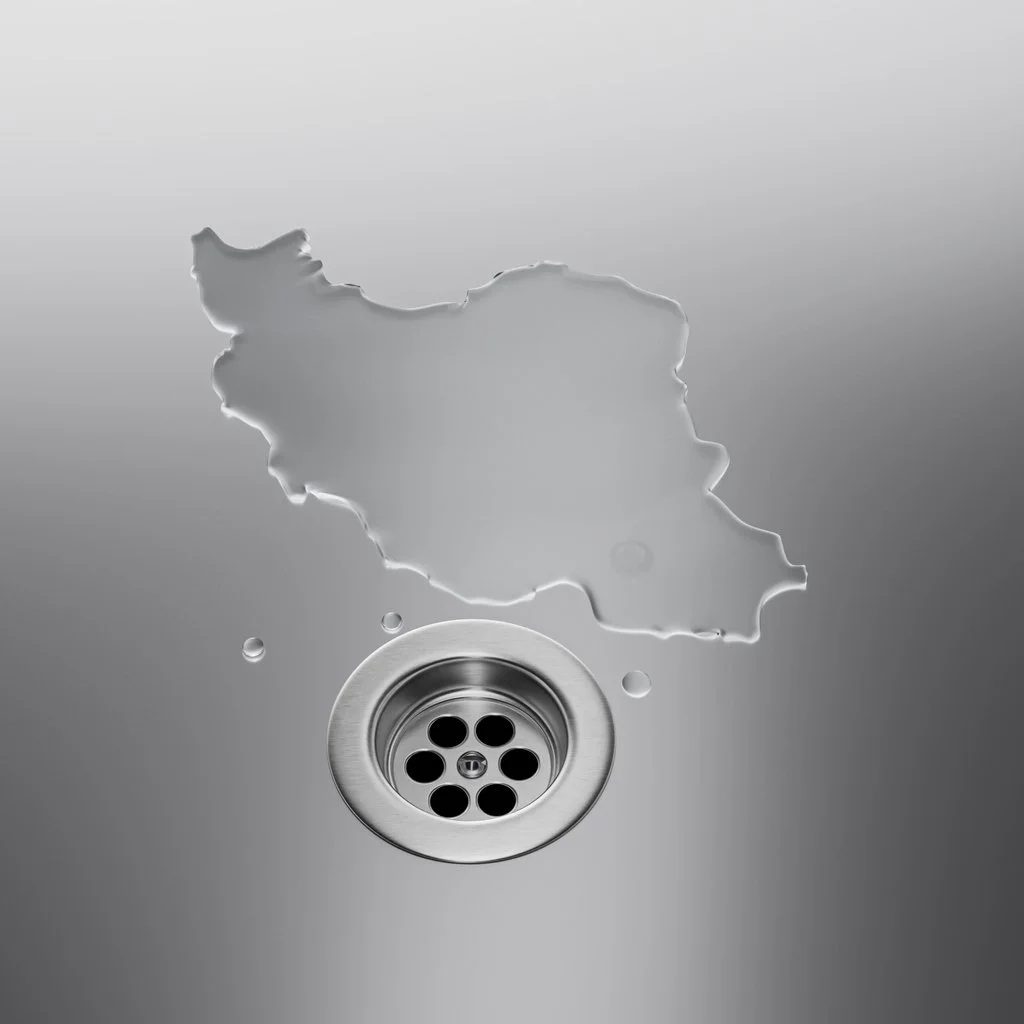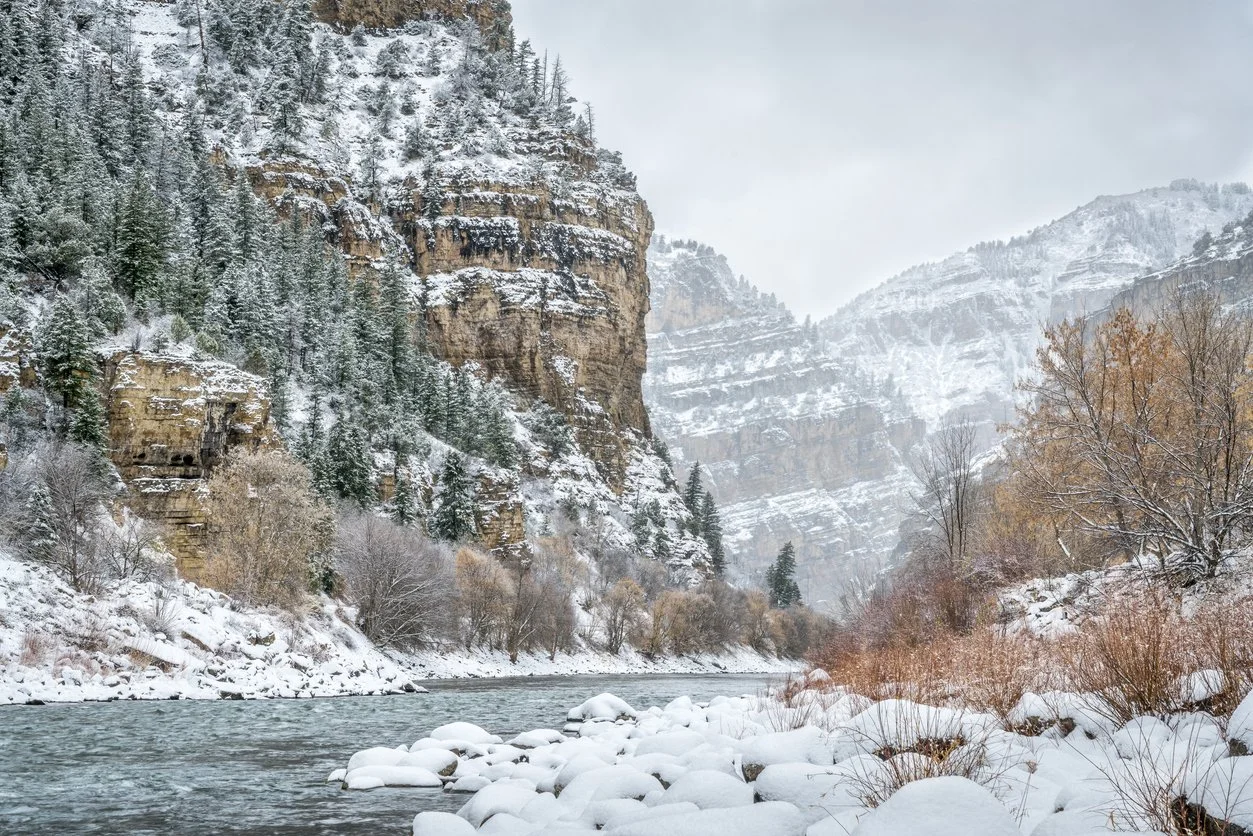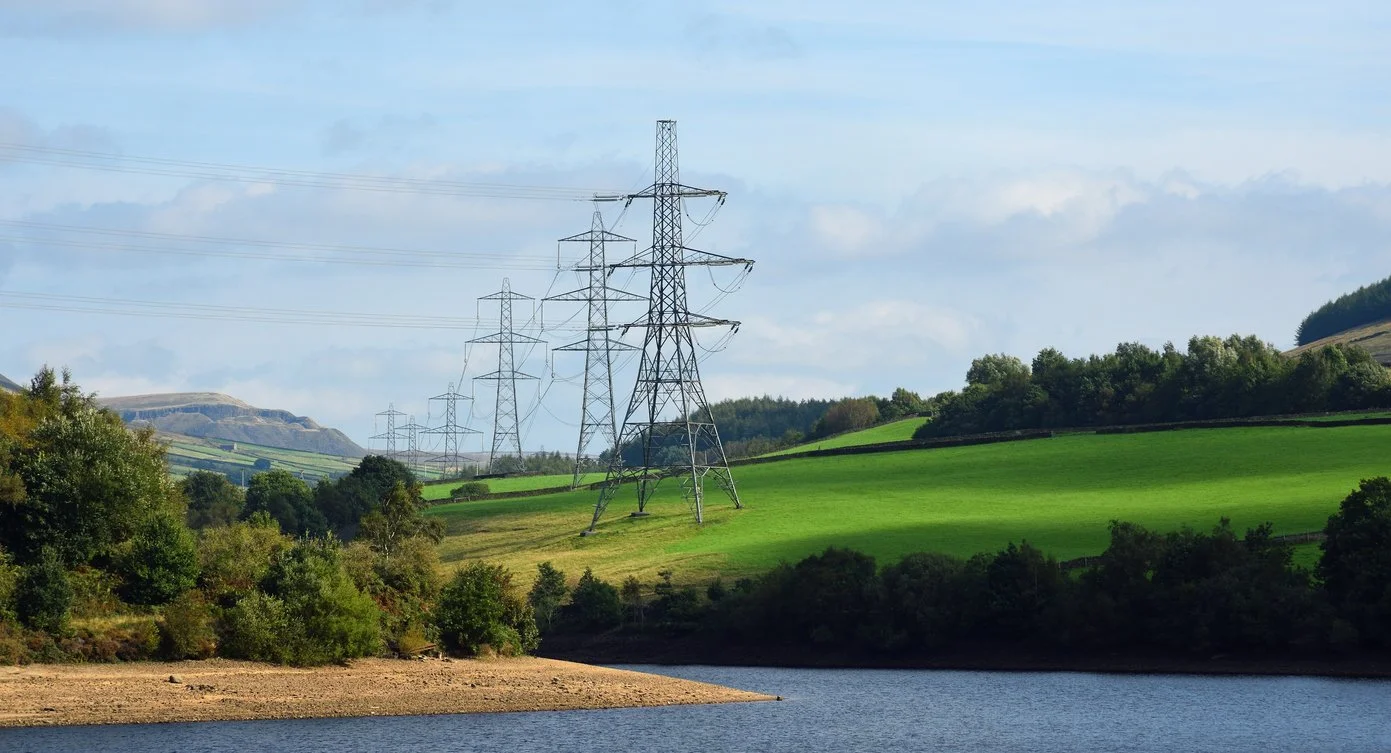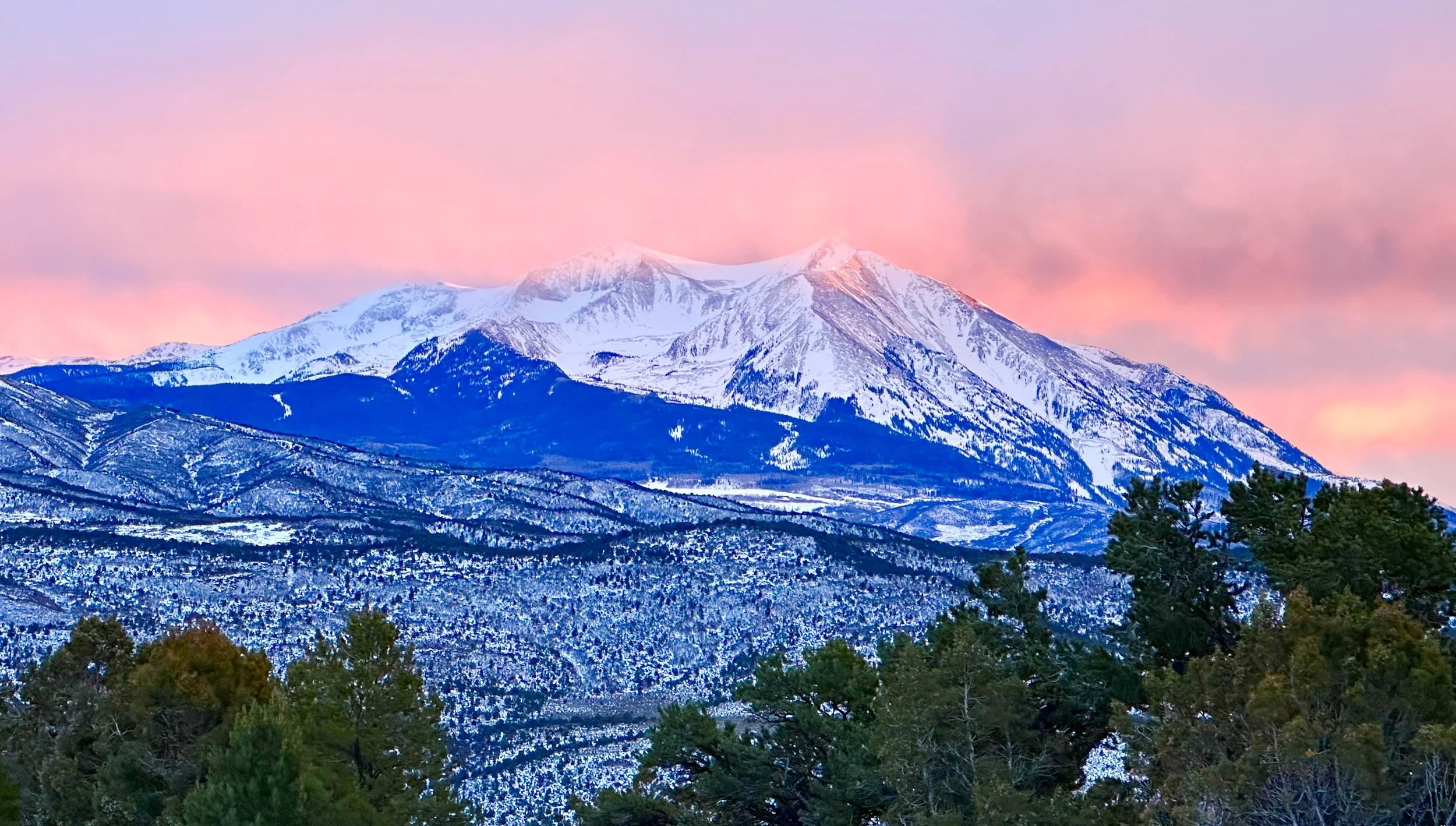The photo made you look, right? Since when does the social media universe dictate what issues are addressed? Let’s face it, water policy isn’t sexy. In the present environment, Kim Kardashian and Pete Hegseth’s tattoos garner greater attention than real water issues that threaten the economy and American lives. I’m talking about water scarcity, water infrastructure resilience, pollution (PFAS, industrial waste, arsenic in groundwater)… those kinds of issues that seldom make it to the forefront.
The United States faces very real and very serious challenges in the water sphere, all of which can be tacked and solved. Instead, a sizeable share of the population, Congress, and the executive are content to do nothing, claim the problems are fake, or push the problems off to the next administration and the next Congress. While President Trum is doing his best to ignore science, climate impacts to water sources, and politized water, the blame hardly started with the Don. Administration after administration both on the federal level and in some states are also to blame, left and right.
Take for instance forever chemicals in water (PFAS), that have been proven to an increase in certain cancers, decreased immunity function, and adverse children neural development. It took too long for regulations to be established and once they were, they were swept aside. Not a problem. Studies and data relied upon by water planners and water engineers have disappeared from view. Problem solved. Politics have never been divorced from water, but recently science is being estranged.
States and municipalities that have some of the most serious water scarcity issues covet data centers. Never mind that a data center can consume the same amount of water as a small city. Never mind that these same data centers require wholesale upgrades to the power grid and look to the local populous to subsidize those costs.
So, what can we do to put some lipstick on the water issues so they receive real attention? Here’s small, and by no means exhaustive, list:
1. Regulate the siting of data centers. They belong in water secure locales.
2. Encourage state public utility commissions to make those new industries that dramatically increase electrical costs (new infrastructure, new power plants) to pay their share. Make growth pay its own way.
3. Discourage cryptocurrencies. They serve no positive societal function and yet consume vast quantities of water and electricity.
4. Increase revolving fund programs to harden resilience of municipal and agricultural water supplies to meet the challenges that population increases have on demands and climate changes have on decreasing supplies. It isn’t a left or right thing, it’s an economic thing: supply and demand.
5. Stop playing political games. Sound bites that claim “the radical left” Californians are to blame for empty fire hydrants was not only false but ignored the real issues. The act of turning water south into the Central Valley Project hurt supplies, it didn’t deliver one drop to southern California municipalities.
6. Crop subsidies have been around for nearly a hundred years. Incentivize drought resistant crops and farming practices. There is no reason to grow rice, cotton and almonds in the great American desert.
7. Begin to think of water a little more like other natural resources. Think of water regionally, not locally. I’m not talking about a greater role for the federal government (which doesn’t belong in most water quantity issues), but more regional cooperation.
8. Accept the science. Perhaps no other resource is impacted greater by climate change than water. In the real world of water supply planning and management, there is no left and right, there is only supply and demand and a recognition of the science and economics that impact supplies.
I could go on but I may have ranted enough. I’m going back to writing thrillers that aren’t as scary as these threats.


